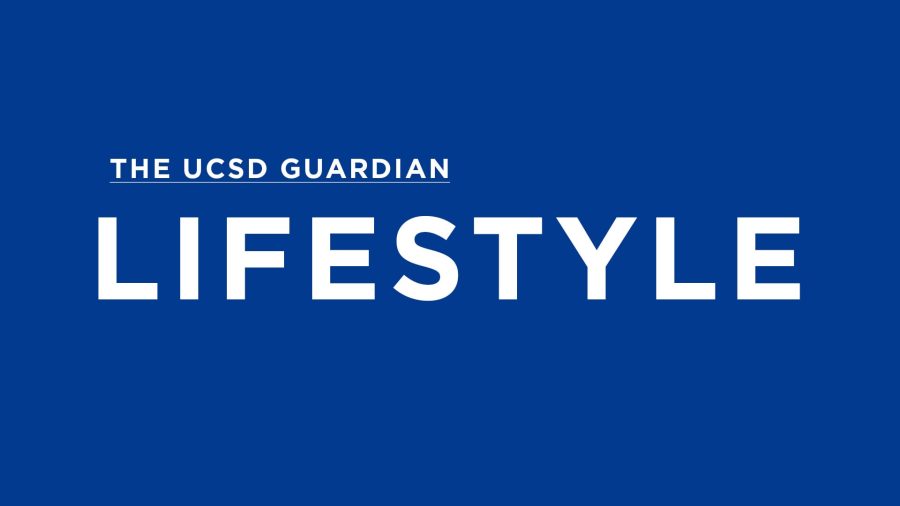If someone were to ask me what my thoughts are on mental health, I’d feel as though I could go on for days. I could talk about the stigma and how detrimental I believe it is for those who may want help but never seek it out. I’d go on about how I wish therapy was more accessible to those who may need it or how having a therapist shouldn’t feel like it needs to be kept secret. I’d say it’s a tough subject, but I encourage people to start conversations around it.
Recently though, when a friend asked me why I felt so strongly about this topic, I tripped over my words. Feeling the heat rising in my face, I told her I’m not very sure. I told her it just captures my interest.
As I went on with my day, that interaction wouldn’t stop bothering me. Instead of mumbling a response, I could have told her that given my own experiences, it feels important to be an advocate. I could have told her how I know firsthand that counseling is awesome because I’ve actually been in and out of counseling for the past few years. I could have been honest, but I wasn’t. Why had I felt so embarrassed to share the truth?
Since that day, I’ve come to realize that it was the shame talking, not me. Shame is the big, ugly thing that too often gets in the way. In our society, we’ve been taught that when it comes to our mental health, we’ve got to keep quiet. We’ve been given the message that if someone goes to counseling or takes medication, there must be something “off” about them. Because of this, shame and embarrassment creep up on us during times when we wish we could be honest with others. For many, it stops us from getting help when we may need it most. It’s because of these reasons that I find it so important to start conversations around mental health. However, looking back on the conversation I had with my friend, clearly I am not immune to falling into the stigma that I’ve been vocally campaigning to end.
I’ve come to learn that pushing past shame isn’t easy, but it also isn’t impossible. If you ever find yourself scared of asking for help, embarrassed to be honest with others, or scared to speak up, here are a few things to keep in mind:
- The cheesy, overused, yet completely true statement: You are not alone. Shame loves to tell us we’re the only one who feels this way. We should keep quiet in order to avoid judgement or embarrassment. In order to push through this, remember that even here at UC San Diego, other students feel the same pressures and stressors that you do. Sometimes, juggling life as a student alone can feel like too much. Know that everyone handles this stress and pressure differently. If you feel a trip to Counseling and Psychological Services is in order, go right on in. There will be others sitting in that waiting room that feel the exact same way, guaranteed.
- You never know how your story may touch someone else. Often times, just listening to someone share and then being able to say, “Me too,” can be incredibly powerful. Try not to silence yourself; your own honesty with someone can provide validation for them as well.
- Self-compassion! I know it’s overused and obvious to sit here and say “Don’t be so hard on yourself,” but it’s way too easy to forget to be kind to ourselves. Give some credit for doing the best you can. One of the best ways to combat shame is to not let it take control, so try to own where you’re at because whatever you feel is real, and it’s valid.
I’m no master at mental health. I don’t have perfect answers for taking away shame, but I do believe the more we talk about it, the closer we are to pushing it out of the way. As I continue to work on my own feelings with shame and overall mental health, I encourage you to do the same. For now, continue to ask for help. Reach out to friends and family for support or become a support system for them. Give counseling a shot. Start a conversation. Do whatever you need in order to keep silencing the stigma and shame around mental health for yourself and everyone else.









Harold A Maio • Jan 26, 2018 at 1:25 pm
—-I could talk about the stigma…
It would be far better to talk about people who direct that prejudice. Certainly you do not want to be among them.